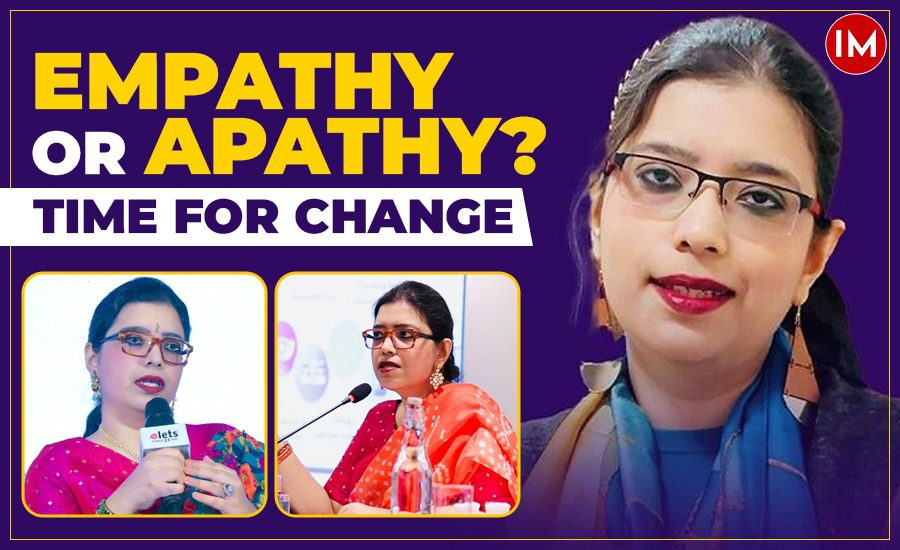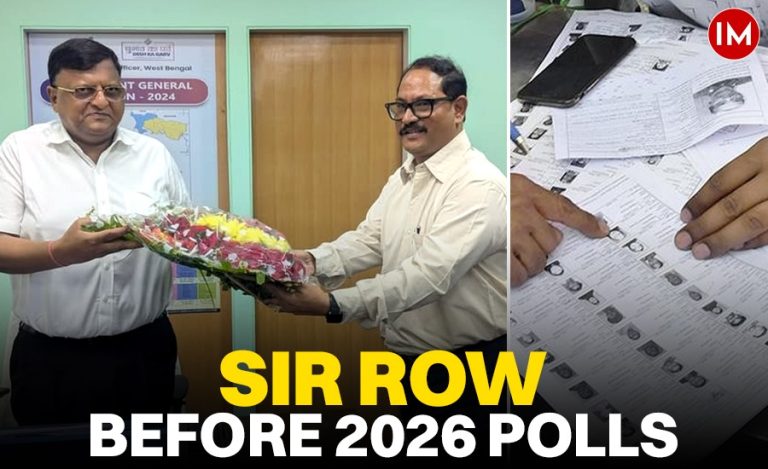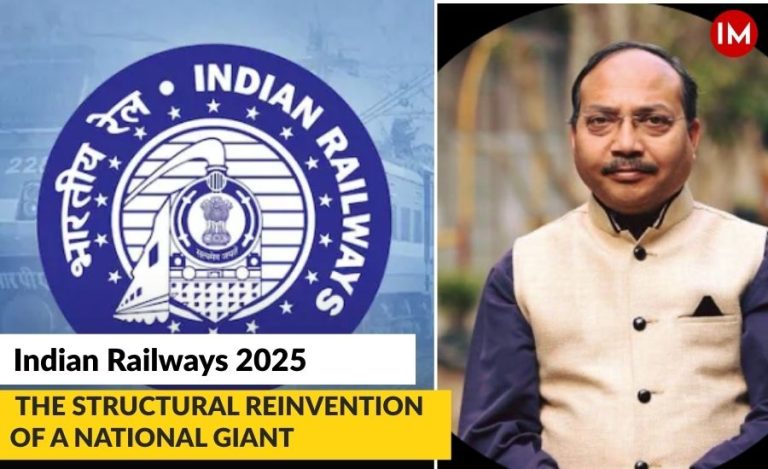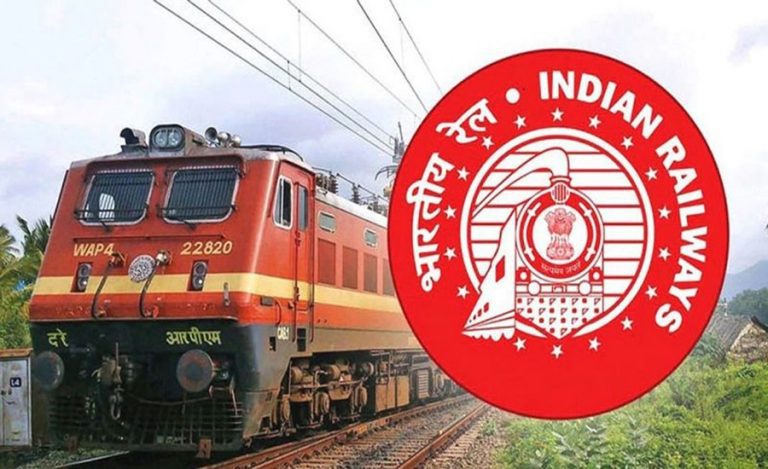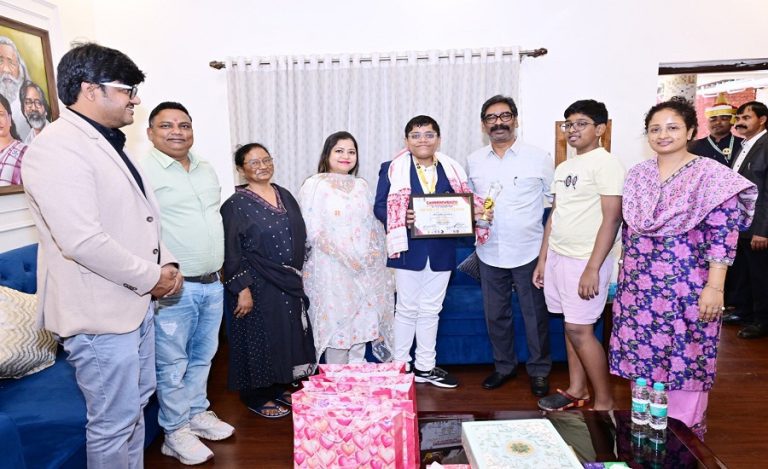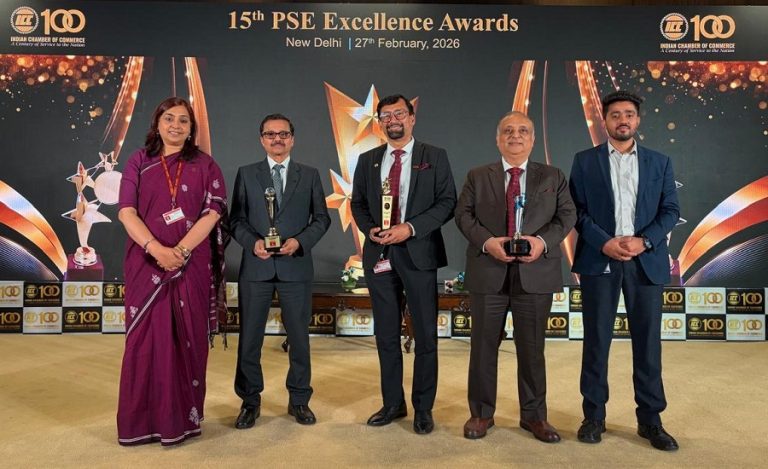Recent weeks have seen a surge in distressing reports of sexual violence against women, highlighted by the tragic case of a doctor who was raped and murdered in a West Bengal hospital, and an incident in Ujjain where a woman was assaulted in public while bystanders filmed the attack.
The National Crime Records Bureau (NCRB) reported 31,677 rape cases in India for 2021, averaging 86 incidents daily, although this number likely fails to capture the actual magnitude of the problem. Research by Tadit Kundu and Pramit Bhattacharya published in the Mint, based on data from the National Family Health Survey (NFHS) 2015-16, revealed that an alarming 99.1% of sexual violence incidents remain unreported. Even when excluding marital rape, only about 15% of cases with assailants other than the current husband are reported to authorities.
The Indian government has implemented various initiatives over the years to enhance women’s safety, including the Nirbhaya Fund, established in 2013 to finance projects aimed at improving security for women. One Stop Centres (OSCs) have been established to offer vital services such as medical care, legal aid, police support, and psychological counseling for victims of violence. The recently passed Aparajita Bill in West Bengal seeks to bolster protections for women and children by imposing stricter penalties and facilitating faster judicial processes.
The conviction rate for rape cases in India is alarmingly low with the NCRB reporting a mere 28.6% in 2021, indicating that fewer than 30% of accused individuals were convicted. This dismal statistic can be linked to several factors, including insufficient evidence that leads to acquittals or higher court reversals, as well as lengthy judicial processes that may discourage witness participation. Additionally, inconsistent law enforcement and inadequate investigative methods weaken case integrity, while societal stigma often prevents victims from pursuing justice. In contrast, countries like the UK and Canada report significantly higher conviction rates, with figures of 60.2% and 42%, respectively. The prolonged duration of the high-profile Jyoti Singh (‘Nirbhaya’) case, which spanned eight years, raises critical concerns about the management of less publicized cases.
It is unlikely that simply enacting more laws will effectively curb crime, as opposed to focusing on improved policing and a more robust criminal justice system. As of May 2024, India had established 866 Fast Track Courts (FTCs) designed to expedite trials for serious offenses and civil matters involving vulnerable groups, alongside 755 Fast Track Special Courts (FTSCs), which include 410 dedicated Protection of Children from Sexual Offences (POCSO) Courts. However, these FTCs face numerous challenges that impede their effectiveness, such as inadequate infrastructure and outdated technology. A chronic shortage of judges further complicates matters, leading to delays in hearings and verdicts, as judges are often burdened with excessive caseloads. Despite their intended purpose of hastening legal proceedings, FTCs are hindered by procedural delays, frequent adjournments, poor inter-agency coordination, and complex legal frameworks. Moreover, limited public awareness and accessibility issues, particularly in rural areas, further restrict their effective use.
Global best practices for FTCs emphasize the importance of efficiency, accessibility, and fairness within the judicial system. Key strategies include providing specialized training for judges and court personnel; utilizing video conferencing for witness testimonies; implementing digital case management systems; as well as establishing clear procedural guidelines and timelines for case resolution. Further, raising public awareness is essential to inform the community about the role of FTCs. Continuous monitoring and evaluation of FTC operations is also vital.
The prompt administration of justice can profoundly impact victims’ experiences and serve as a significant deterrent to potential offenders. Efficient justice mechanisms facilitate the swift accountability of offenders, thereby reducing the likelihood of reoffending. The awareness that criminal actions will be addressed promptly can discourage potential criminals from engaging in unlawful behavior.
The impact of the Nirbhaya Fund also merits scrutiny. By 2021, the fund’s total allocation reached approximately ₹6212.85 crore, with around ₹4087.37 crore distributed among various ministries and departments, while only about ₹2871.42 crore was reported as utilized. Challenges such as bureaucratic delays and the misallocation of resources to broader initiatives that do not specifically cater to women’s needs, persist.
OSCs are essential in offering integrated support to women impacted by violence, but they face significant operational hurdles that must be urgently resolved. The lack of adequate funding limits their capacity to provide comprehensive services. Moreover, many women remain unaware of OSCs, particularly in rural areas. The effective operation of OSCs relies on strong coordination among law enforcement, healthcare providers, and legal services; however, poor collaboration can result in delays and inefficiencies. Staffing issues, such as a shortage of trained personnel and inadequate ongoing training, hinder the ability of OSCs to manage cases with the required sensitivity and expertise.
Clearly, numerous challenges exist within the bureaucracy, police, and judiciary when it comes to curbing violence against women; however, another significant concern is political opportunism and selective accountability. As of August 2024, 151 current Members of Parliament (MPs) and Members of Legislative Assembly (MLAs) in India had been implicated in crimes against women, including 16 lawmakers facing rape charges under IPC Section 376. The presence of individuals with criminal backgrounds in legislative roles raises serious concerns about the commitment to safeguarding women’s safety.
Political parties often engage in selective discourse, addressing crimes against women only when they do not involve their own members, while frequently overlooking, protecting, or even promoting offenders within their ranks. Genuine reform necessitates more than legislative changes; it calls for a fundamental shift in accountability and integrity within political systems.
Regrettably, even as I finish composing this article, many women in India will have endured severe acts of violence. The situation prompts a vital question regarding our genuine empathy for their plight and whether we possess the political resolve and intention to effect change, or if we regard the ‘aadhi aabaadi‘ (half the population) as a mere voting demographic during elections.

